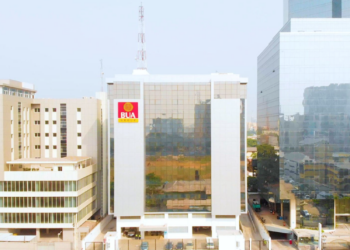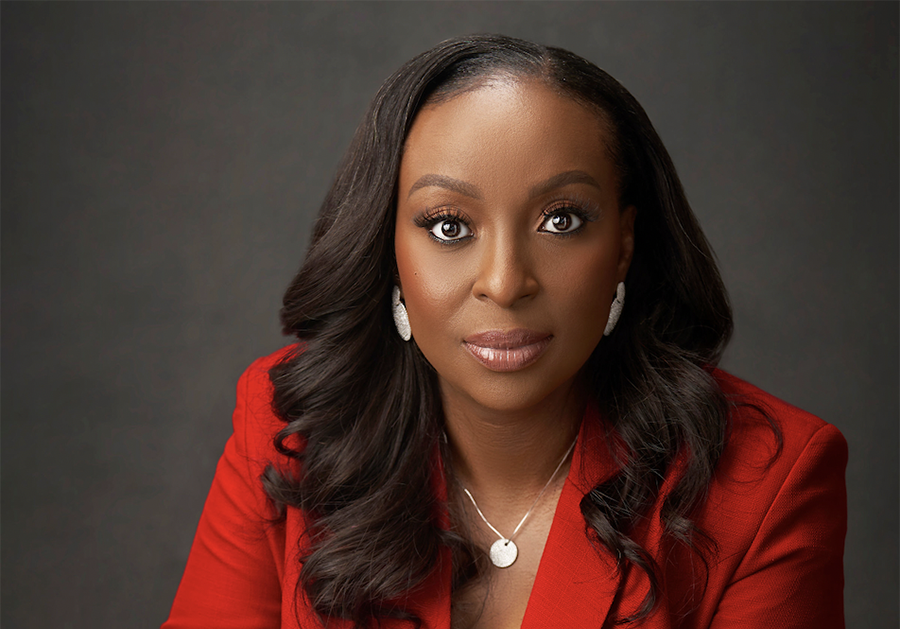Nestle Nigeria Plc released its 2022 Q3 results last week Friday, reporting a profit after tax of N12.4 billion, up by 4.62% from N11.8 billion in Q3 2021.
The result is on the back of an inflationary year occasioned by supply chain disruptions and rising energy costs, where companies have had to deal with increased production, marketing and distribution expenses.
A review of the financial statements showed that Q3-22 revenue grew by 23.15% to N111.021 billion compared to N90.151 billion in Q3-21.
Cause of revenue growth: The result also showed that the revenue growth was due to substantial growth across the Food and Beverages business segments. We believe price increases across the company’s product portfolio in Nigeria drove the growth in these segments. Nigeria still accounts for about 99% of the company’s revenue base, with a paltry 1% coming from its export market.
Gross profit margin: This shrank by 13.63% year-on-year to 33.40% in Q3-22 following faster growth in the cost of sales (+33.72% y/y) relative to revenue (+23.15%) y/y).
The effects of inflation: The higher cost is reflective of the impacts of inflationary burdens. Consequently, operating margins declined to 16.84% from 21.96% with further pressures coming from marketing and distribution expenses (+23.96 y/y) and admin expenses (+14.11% y/y).
Another cost pressure came from net finance cost: Further review of the results showed that NESTLE’s net finance cost grew by 155.2% year-on-year in Q3-22.
Increase in net finance cost: The increase in the net finance cost was due to a 388.05% y/y decline in finance income, despite a 9.96% y/y decline in finance cost.
As of 9M-22, interest expense on financial liabilities and net foreign exchange loss increased to N7.377 billion (9M-21: N5.72 billion) and N1.693 billion (9M-21: N562.840 million), respectively.
As a result, profit before tax declined by 19.55% on-year to N14.646 billion in Q3-22. However, a lower effective tax of 15.33% in Q3-22 compared to 34.89% in Q3-21 led to the 4.62% year-on-year growth in profit after tax to N12.4 billion from N11.853 billion recorded in Q3-21.
Other key financial highlights
- The cost of sales rose to N73.941 billion in Q3-22 from N55.294 billion recorded a year earlier.
- Gross profit printed at N37.080 billion compared to N34.857 billion recorded in Q3-21.
- Marketing and distribution expenses stood at N15.028 billion in Q3 2022 compared to N12.123 billion in Q3 2021.
- Administrative Expenses moved up to N3.357 billion from N2.942 billion recorded in Q3-22.
- Operating profit dipped by 5.54% to N18.696 billion in Q3-22 from N19.793 billion recorded in Q3-21
- Overall basic earnings per share grew by 4.68% to N15.65 from N14.95 in Q3-21.
Related Party: Nestle S.A. Switzerland owns about 66.18% or 524,559,457 shares of Nestle Nigeria. Nestle Nigeria conducts business with its related parties. For instance, the Company procures all its raw materials on a commercial basis from overseas and local suppliers. Amongst the overseas suppliers are companies in the Nestle Group. Also, the company received about N24.457 in intercompany loans.
Cash flow: NESTLE generated an N5.565 billion net cash flow from operating activities in addition to the N100.518 billion it opened the year with.
Loans: It received intercompany and bank loans of N63.236 billion and repaid N35.20 billion to the banks. It went further and spent N14.064 billion to acquire property, plant and equipment and right-of-use assets
The company closed the quarter with a cash balance of N107.136 billion, which is significantly higher than its equity of N41.272 billion.
The company’s share price: NESTLE’s share price has been less volatile than 75% of NGX stocks over the past 3 months, typically moving +/- 3% a week. It closed its last trading day (Wednesday, November 2, 2022) at N1,215 per share on the NGX, having started the year with a share price of N1,556.50. This shows that the stock has since lost 21.9% off that price valuation, ranking it 133rd on the NGX in terms of year-to-date valuation.
However, investors should be optimistic going by its current outstanding return on equity at 112.92%, though skewed to its high debt-debt/equity ratio of 254.2%.
The bottom line: Although Nestlé’s revenue and profit sustained positive growth; the company’s performance in Q3-22 reflects our concerns about the weakening margins, driven by higher expenses, given the current inflationary pressure.
For the rest of the year, we expect resilient revenue/earnings growth driven by NESTLE’s brand equity and production process innovation. The company’s successful introduction of the use of local raw materials such as soya bean, maize, cocoa, palm olein and sorghum, in its production processes, if sustained, would help reduce the high cost of imported raw materials and consequently improve ear.


















